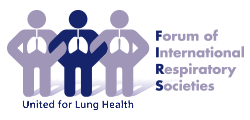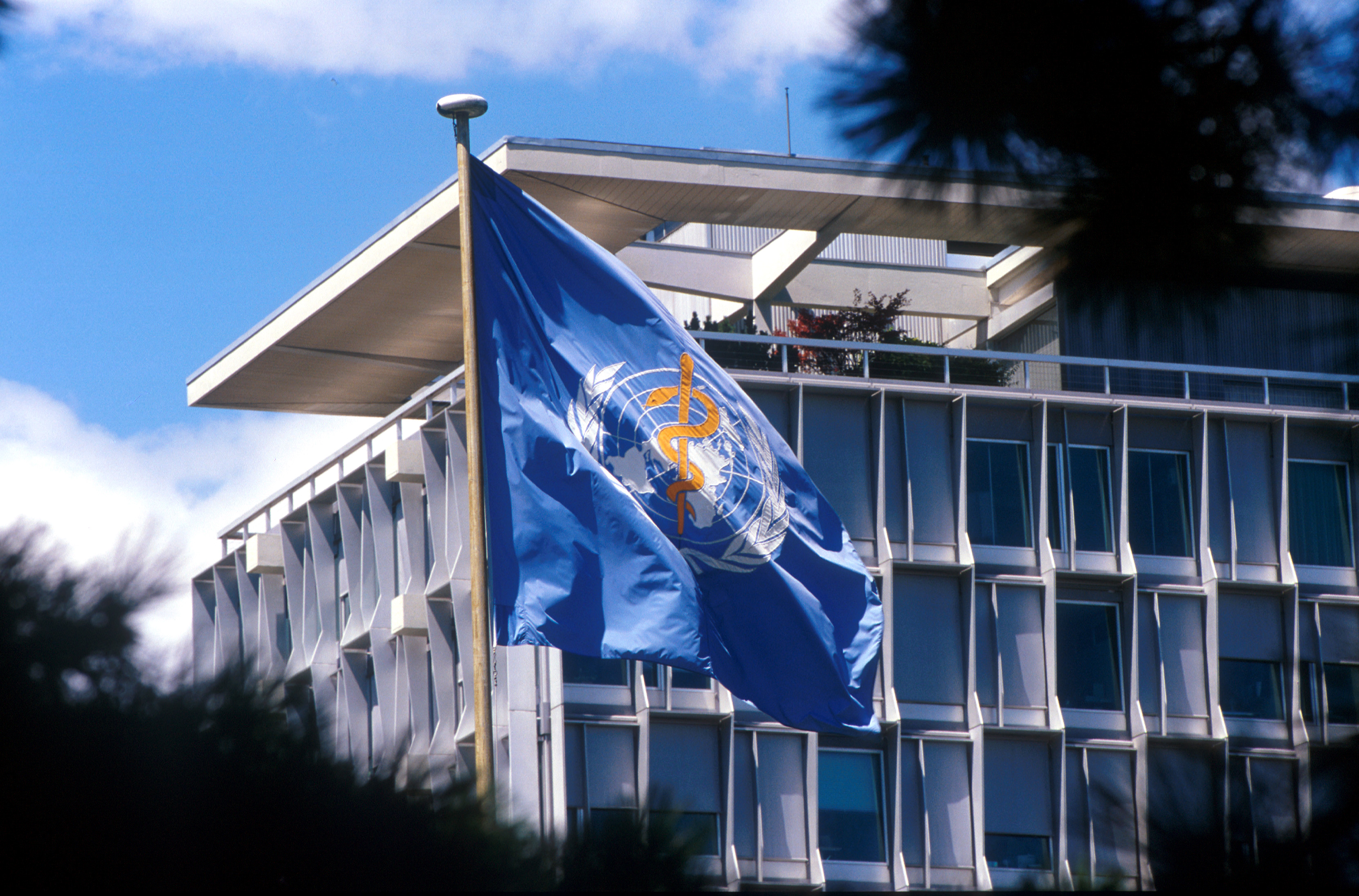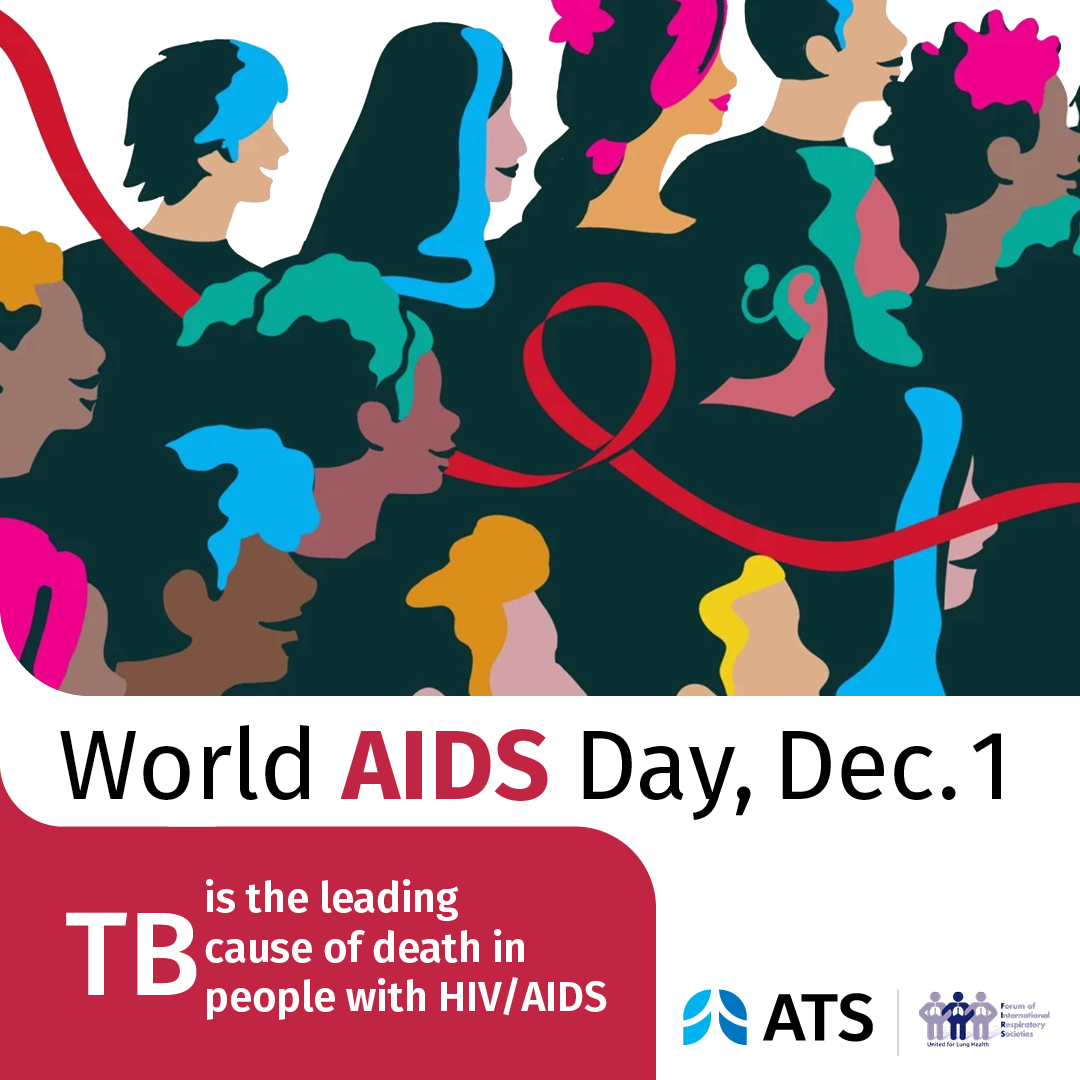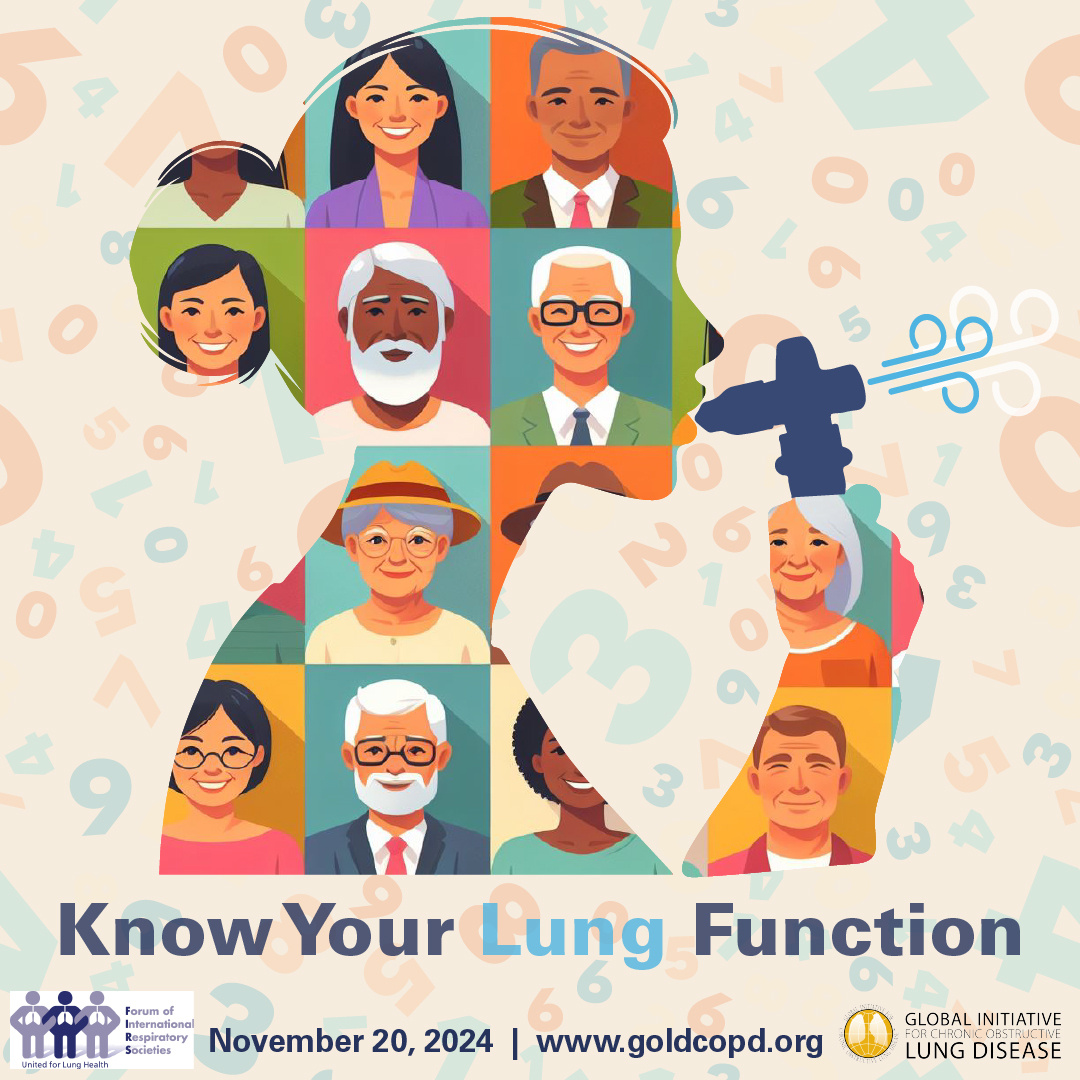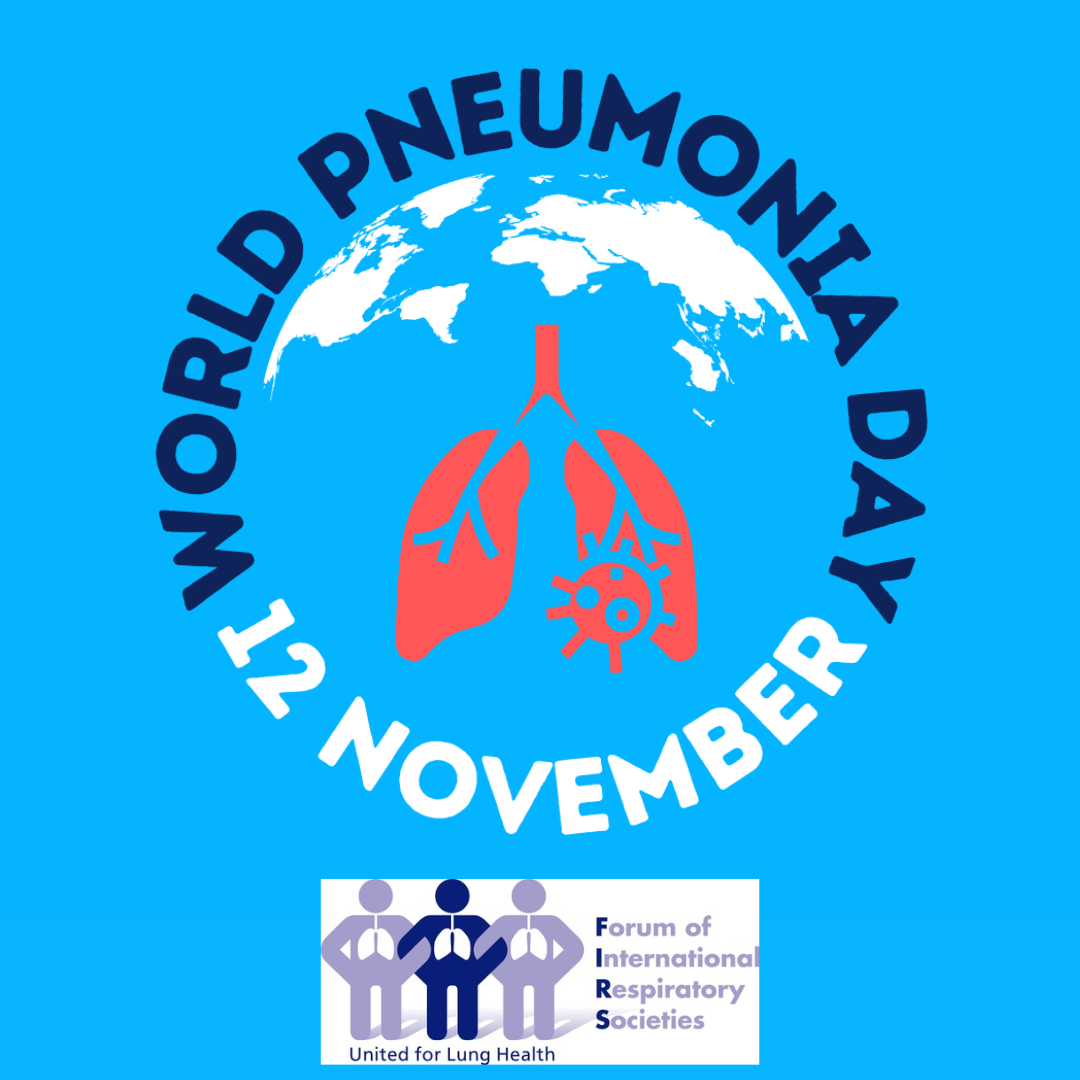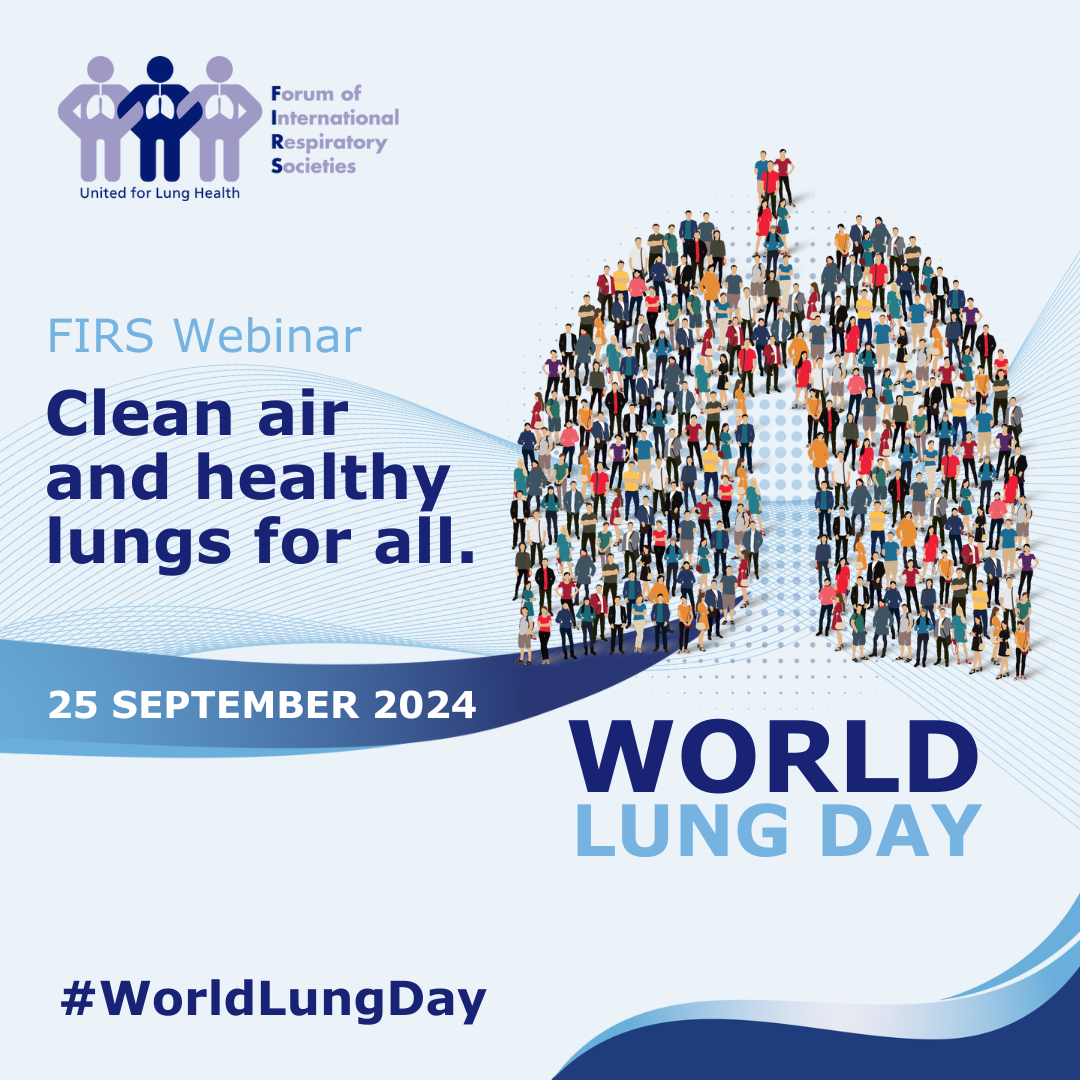COVID-19 cases continue to rise globally. Some countries are still dealing with large epidemics, whilst others are at various stages of reopening society. Many countries are fearful of a second wave of infection, as a consequence of restrictions being eased.
To control the spread of COVID-19, at this critical time in the pandemic, the Forum of International Respiratory Societies (FIRS) urges people not to get complacent.
It is vital that we all continue with everyday preventive measures such as wearing masks, maintaining social distance, and washing hands, which can substantially curtail the spread of the virus. Continuing these actions is the number one thing we can all do to reduce our chances of catching and spreading COVID-19.
“Face masks or coverings should be worn at all times in public. If everybody is wearing them, including infected and asymptomatic people, this will help stop the spread,” said Stephanie Levine, MD, President of FIRS.
Self-isolation is also an effective way of preventing COVID-19 from spreading. It is very important that anyone who has symptoms of the virus, or might have been exposed to it, self-isolates to reduce potential transmission to others.
We can all play our part in protecting ourselves and each other from this disease.
FIRS is an organisation comprised of the world's leading international respiratory societies working together to improve lung health globally: American College of Chest Physicians (CHEST), American Thoracic Society (ATS), Asian Pacific Society of Respirology (APSR), Asociación Latino Americana De Tórax (ALAT), European Respiratory Society (ERS), International Union Against Tuberculosis and Lung Diseases (The Union), Pan African Thoracic Society (PATS), Global Initiative for Asthma (GINA), and the Global Initiative for Chronic Obstructive Lung Disease (GOLD).
The goal of FIRS is to unify and enhance efforts to improve lung health through the combined work of its more than 70,000 members globally.
Translated Statement
Read the statement in Spanish.
